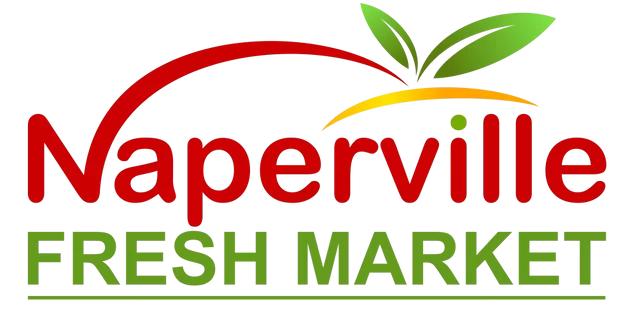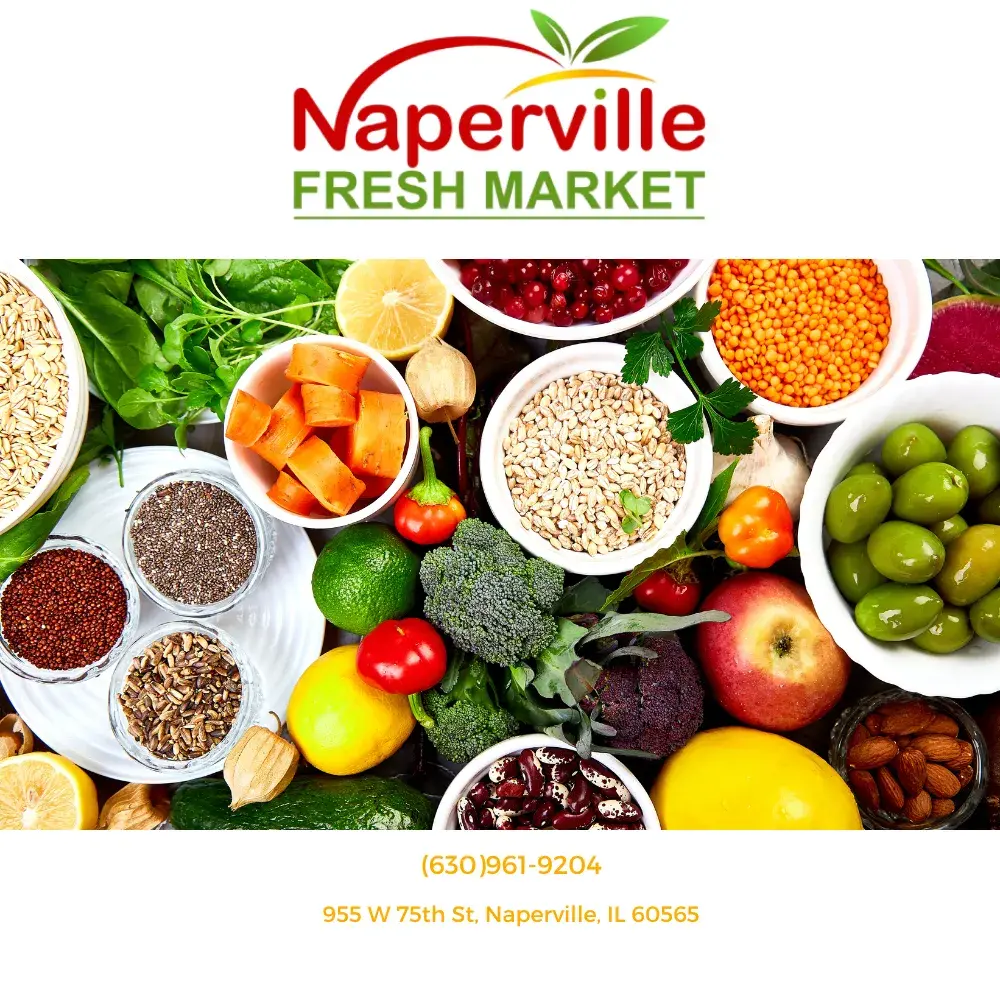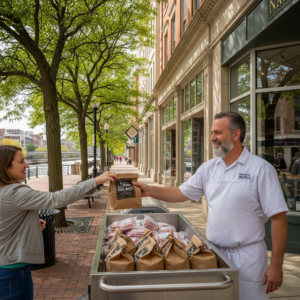The growing demand for organic food is reshaping how supermarkets operate, offering more sustainable options to consumers who prioritize health and environmental consciousness. As organic food sourcing becomes more prominent, supermarkets play a crucial role in making these choices accessible to a broader audience, contributing to a sustainable and ethical food system.
Expanding Organic Food Sections in Supermarkets
In response to the increasing consumer demand for organic food, supermarkets are dedicating larger sections to organic products. From fresh fruits and vegetables to organic dairy and meat, these stores now offer a diverse range of items that align with health-conscious choices. Supermarkets are also collaborating with local organic farmers to ensure fresh, seasonal produce is readily available, helping customers access high-quality food that supports local agriculture.
Supermarkets Promoting Sustainable Practices
Beyond simply stocking organic food, supermarkets are adopting sustainable business practices. Many now implement eco-friendly packaging, reduce food waste through partnerships with food banks, and promote zero-waste initiatives. These efforts reflect a growing awareness of the environmental impact of food production and distribution, as well as a commitment to reducing the carbon footprint associated with their operations.
Affordable Organic Food Options
A significant concern for many consumers is the cost of organic food. Supermarkets are addressing this by working with suppliers to offer more affordable options, making organic products more accessible. Special promotions, loyalty programs, and partnerships with organic farms allow customers to enjoy the benefits of organic food without straining their budgets. This shift helps broaden the appeal of organic choices, ensuring they are no longer seen as luxury items but as part of everyday consumption.
Encouraging Consumer Awareness
Supermarkets are also contributing to consumer education by providing information about the benefits of organic food. From in-store signage to online campaigns, they highlight the nutritional advantages, the reduced use of pesticides, and the environmental benefits of organic farming. This increased awareness helps shoppers make informed decisions that align with their values and promotes a more sustainable food culture.
As the movement toward organic food sourcing continues to grow, supermarkets remain pivotal in driving sustainable practices. By expanding access, supporting local agriculture, and encouraging eco-friendly habits, they are helping shape a future where healthy, sustainable food is available to all.
Learn More
Understanding the Key Principles Behind Organic Food Sourcing




